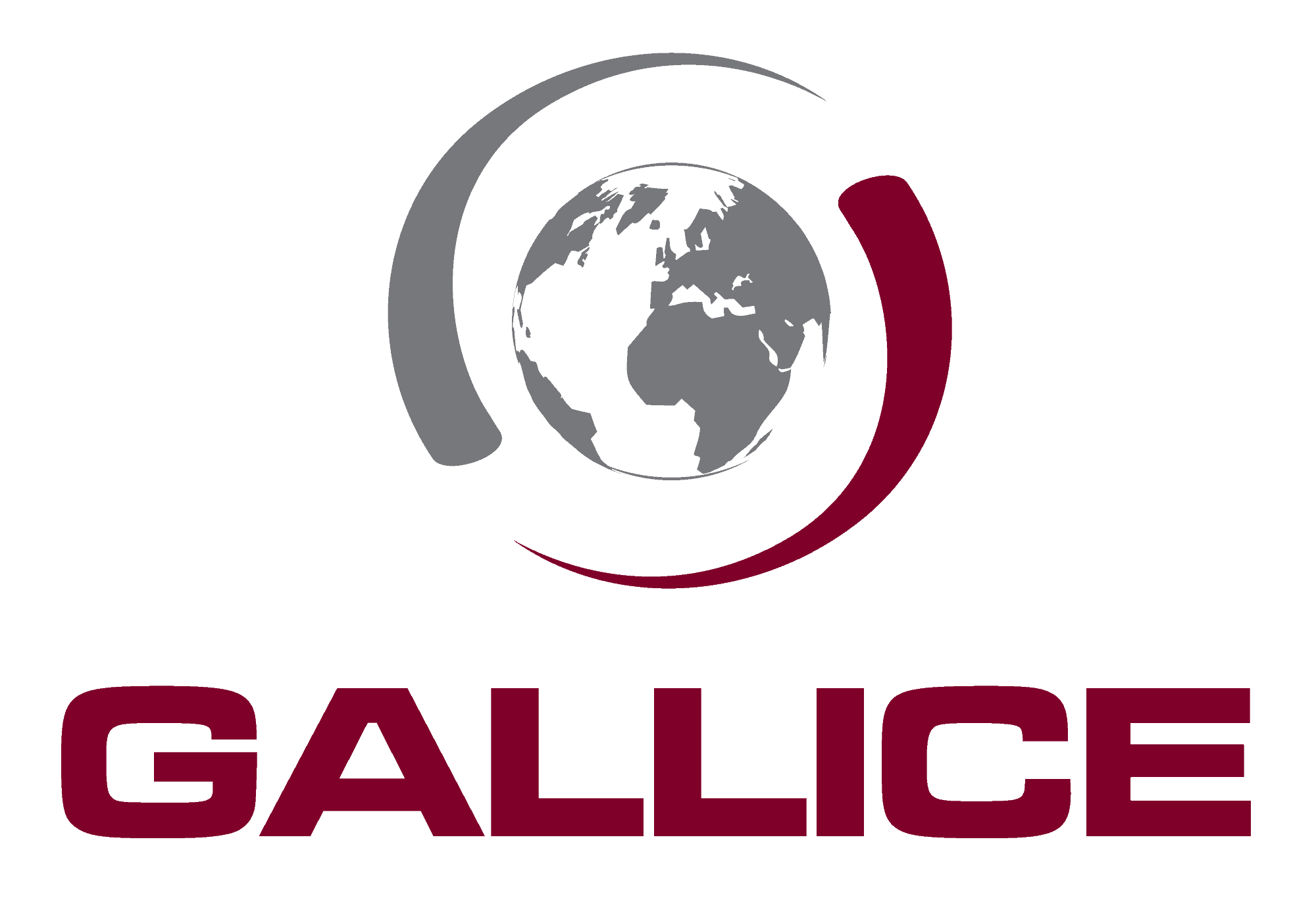SUDAN
Sudan, in 2025, remains engulfed in a high-intensity civil war opposing the national army, led by General Abdel Fattah al-Burhan, to the Rapid Support Forces (RSF) under the command of General Mohamed Hamdan Dagalo (Hemedti). This conflict, often referred to as the "war of the generals", began in April 2023 and has since spread progressively across the entire country.
The fighting has devastated Khartoum, resulting in the collapse of critical infrastructure and the mass displacement of civilians. Simultaneously, the Darfur region is experiencing violence of a genocidal nature, characterised by interethnic massacres, systematic sexual violence, collective punishments, and forced deportations. Numerous reports from NGOs and UN bodies reference acts committed by the RSF and allied militias that may amount to crimes against humanity. Humanitarian organisations have themselves been the targets of documented abuses—including rape, killings, and looting of convoys—with aid workers facing kidnappings, assassinations, and a complete inability to protect operational sites in the absence of military escorts. The involvement of regional powers has further fuelled perceptions among the local population that some NGOs are aligned with particular factions or foreign interests.
The conflict has expanded eastward and southward, with numerous towns now under the control of paramilitary groups. Frontlines remain fluid, combat operations are intense, and the national armed forces are significantly weakened.
According to the latest UN data:
Over 12 million people have been displaced;
25 million require urgent humanitarian assistance;
Hundreds of thousands of civilians have sought refuge in Chad, the Central African Republic, Egypt, and South Sudan.
Border regions in the west and south (adjacent to Libya, Chad, the Central African Republic, Ethiopia, and South Sudan) are considered extremely hazardous due to the proliferation of armed militias, arms and human trafficking, and the total absence of effective state governance.
The north-eastern part of the country—towards the Red Sea and the Egyptian border—remains relatively calmer, although rising tensions are being observed in relation to resource control and migratory routes.
Kidnappings, targeted assassinations, looting, and other abuses targeting foreigners—including humanitarian personnel, journalists, diplomats, and aid workers—are frequent. Humanitarian access is critically limited. Most Western embassies have evacuated their staff. NGOs now operate solely under strict security conditions, including armed escorts, aerial logistical support, and permanent emergency protocols.
The entirety of Sudanese territory is formally advised against all travel.
No movement should be undertaken without specialised security coordination.
Conflict zones—including Khartoum, Darfur, Blue Nile, Kordofan, and the southern and western borders—are deemed uninhabitable and fall outside any semblance of effective control.
Airports are frequently closed, attacked, or utilised by warring factions.
